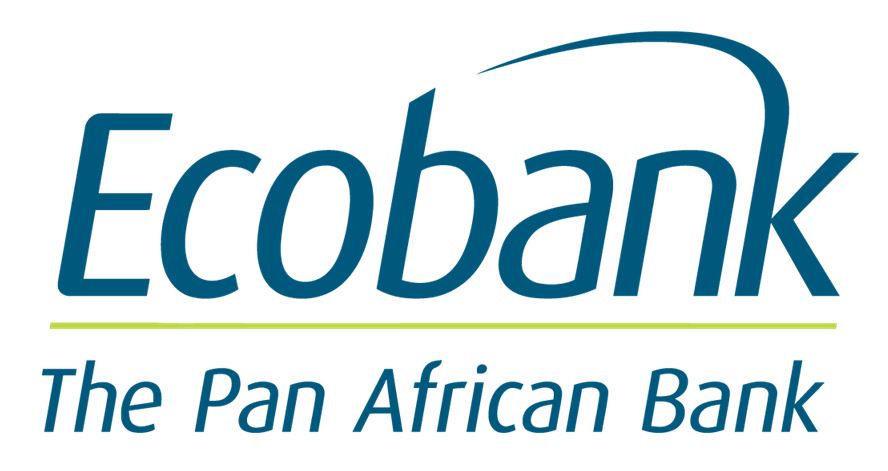Africa’s burgeoning fintech market is estimated to grow by $2.8 billion in the next two years, according to data published by Ecobank.
As the main sponsor at this year’s Africa Tech Summit, which just concluded in Kigali, Rwanda, Ecobank has taken a leading role in the development of cashless payment systems, in particular through its Ecobank mobile app which is available in 33 countries across the continent and enables users to check balances as well as pay bills and merchants amongst other services. Going digital provides not just better services and connectivity, but enables banks and businesses to unlock productivity and play a role in development.
Going digital provides not just better services and connectivity, but enables banks and businesses to unlock productivity and play a role in development.
According to data released by the bank, Sub-Saharan Africa is home to 57.6% of the world’s 174 million active registered mobile money accounts. Speaking during the summit, Assistant Vice President Mshuti Lucy Mbabazi said; “Digital technology is central to what we do at Ecobank. Technology offers us great opportunities to open up new markets, increase choice and speed delivery of services.”
For instance, Rwanda, where the summit is taking place, is seeking to move from a cash-based economy to a digital one. The number of digital transactions in Rwanda increased by 11 percent in the first half of 2017 from 1.37 million the previous year to 1.53 million in the same period, and more and more merchants and dealers are becoming access points.
Rwanda has had a 26% growth in the volume of transactions from 8.6 million to 119 million in 2016/17, representing an increase of a third in value from Rwf 469 billion to Rwf 622 billion. Point of sale (POS) transactions in Rwanda have almost doubled in volume from 270,084 to 523,473, doubling the cash value to Rwf 32 billion. Related article Africa Global Business Forum 2015 commences in Dubai
The 2015 AGBF commences in Dubai, hosting more than 40 African, UAE and Arab leaders
Overall fintech in Africa will grow from around US$ 200 million currently to US$ 3 billion by 2020,” said Ms Mbabazi. “ Going digital provides not just better services and connectivity, but enables banks and businesses to unlock productivity and play a role in development.”
